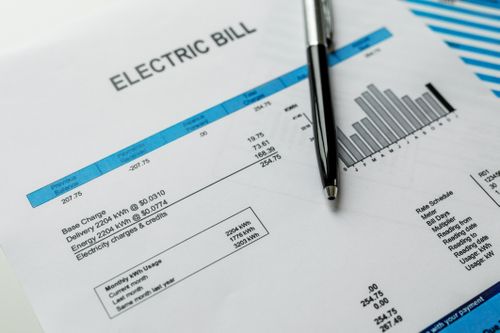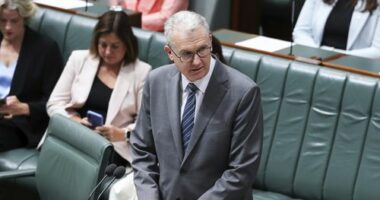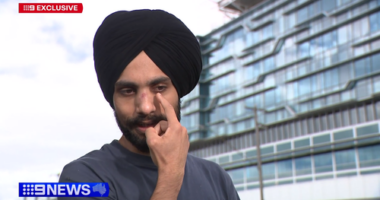Share this @internewscast.com
The peak body for the retailers rejected the accusations, passing the buck to the Australian Energy Regulator (AER), which power companies have been lobbying to change the rules.

It claims energy retailers are using “dodgy practises” such as launching new, cheaper plans with the same name as existing options to get around requirements to let consumers know they can switch to a “better offer”, costing many customers hundreds of dollars a year.
“The idea seems to be to keep people as confused as possible,” CHOICE said.
CHOICE said customers who didn’t switch to the new plan with the same name missed out on an average of $171 a year in savings, up to $588 a year for one electricity user.
It said about a quarter of people who received a “best offer” message were already on a plan with the same name as the new one and claimed the total cost to consumers was about $65 million.
A December Australian Competition and Consumer Commission report into the National Electricity Market, which supplies all states and territories except Western Australia and the Northern Territory, found four out of five Australians weren’t on their retailer’s “best offer”.
“It shouldn’t be this hard to know if you’re being ripped off on your energy bill,” CHOICE chief executive Ashley de Silva said.

“We’re calling on the ACCC to enforce the law with strong court action to put an end to these dodgy practices costing consumers money.”
The Australian Energy Council (AEC), which represents electricity retailers, rejected the complaint, describing CHOICE’s claims as incorrect.
Chief executive Louisa Kinnear said the regulator rejected a push from retailers three years ago to change the word on bills.
“Better Bills guidelines, overseen by the AER, determine what wording retailers must use on their bills when notifying customers of the best offer available.
“The ACCC has been aware of this issue for some time and retailers have been in lengthy discussions with the AER on changing the wording on bills to ensure it is easier for customers to understand.”
In a 2023 submission to the AER, the AEC argued there was not enough evidence to suggest a better offer message had “failed to encourage” more customers to get on their retailer’s cheapest deal.Â
The energy regulator says it is in the process of considering options to give more clarity.











